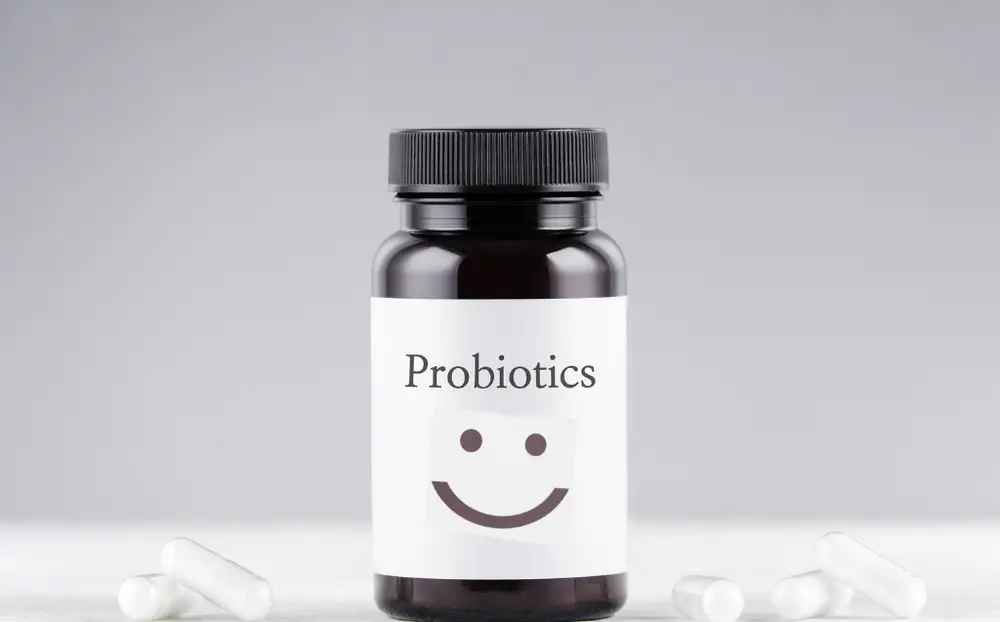
Let’s start with the buzzword you’ve probably heard a million times: probiotics. These are live bacteria (sometimes yeast) that help bring balance back to your gut. But here’s a twist: while probiotics are amazing, it’s often their by-products—called postbiotics—that deliver many of the benefits.
You don’t need fancy supplements—just load up on these foods:
If probiotics are the “good guys,” then prebiotics are their favorite meal. Prebiotics are fibers your body doesn’t digest but that your gut bacteria feast on. This encourages the growth of beneficial bacteria, which helps your microbiome thrive.
Want more prebiotics in your diet? Here’s what to add to your grocery list:
Postbiotics are the unsung heroes of gut health. They’re the by-products created when probiotics digest prebiotics—and they’re full of benefits. Think of them as the final, supercharged step in the gut health cycle.
Absolutely! This combo, known as a synbiotic, enhances their effectiveness.
Yes, and they’re becoming more popular. Look for products containing compounds like butyrate or acetate.
Yes, especially strains like Lactobacillus acidophilus, which can reduce bloating and aid digestion.
Many people notice improvements within a few days, but it can take weeks for full benefits.
For some, prebiotics can cause gas or bloating initially. Start slow and increase gradually.
Probiotics, prebiotics, and postbiotics play key roles in maintaining gut health, boosting immunity, and supporting overall well-being. By incorporating gut-friendly foods, minimizing stress, and considering supplements, you can nurture your microbiome and improve digestion naturally. A healthier gut leads to a happier, healthier you.